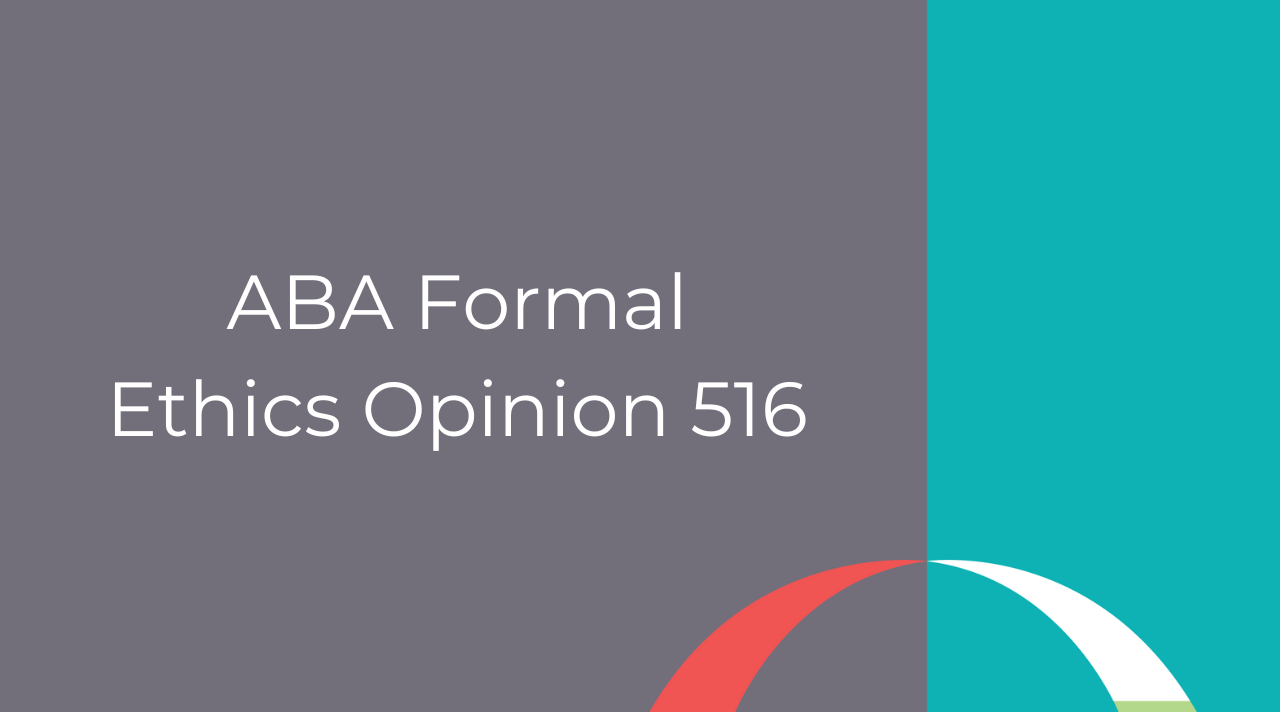
California’s Law Firm Registration and Renewal Process is Now Online
Effective September 1, 2025, the State Bar of California implemented a new online registration and renewal process for all law corporations and partnerships, and has stated that it will not accept paper submissions going forward. The State Bar now will require all law firms first to register for Agency Billing, their online portal for managing […]

Choosing Limited Liability for Your New York Law Firm
Limited liability is a smart choice for any law firm. It shields owners’ personal assets from the firm’s contractual debts and other liabilities and from liability for malpractice by other partners or owners in the firm. The forms of limited-liability entities available for law firms differ from state to state. In New York, a law […]

Can Lawyers Just Ignore AI?
Many law firms have begun using AI regularly in their practice, including in various software platforms that have quietly integrated AI functions. But to many lawyers, AI is a vast unknown technology that they don’t know much about, don’t understand, and don’t use or don’t want to use. Why not just ignore the changes AI […]

California’s Confidentiality Rules for Lawyers Stand Apart
Lawyers frequently cite California’s confidentiality rule—California Rules of Professional Conduct Rule 1.6— as the strictest in the nation. How does it differ from the ABA Model Rule? In three ways. First, California’s Rule 1.6 is supplemented by California Business & Professions Code § 6068(e)(1), which requires lawyers to “maintain inviolate the confidence, and at every […]

O’Rielly & Roche LLP announces the opening of its New York office
Led by New York Managing Partner Briana Cummings, our New York office expands our reach by providing practical counsel on law firm formation and planning, partner departures, law firm dissolution, and legal ethics. We are business and legal ethics lawyers for law firms, in-house legal departments, and law-related businesses, when comprehensive experience and an outside […]

ABA Ethics Opinion 516: When Can a Lawyer Voluntarily Withdraw Without Harming the Client?
The ABA Standing Committee on Ethics and Professional Responsibility has issued Formal Ethics Opinion 516, offering clarification on Model Rule 1.16(b)(1)—which allows a lawyer to voluntarily withdraw from a representation if it can be done without “material adverse effect” on the client’s interests. Key Takeaways: Defining “Material Adverse Effect”: A lawyer’s withdrawal would be considered […]

California State Bar Defense: What Lawyers Should Know about Admissions, Investigations, and Discipline
For lawyers licensed in California, the State Bar’s disciplinary system is an essential mechanism of accountability and ethics oversight. However, facing a State Bar inquiry or investigation is challenging, whether it’s related to bar admissions, compliance issues, or a formal discipline complaint. Any attorney confronting these situations needs to understand the process, prepare their defense, and address inquiries with precision and transparency. This article provides an overview to navigating California State Bar matters from admissions issues to complex disciplinary inquiries.

When Is It Time to Consider a Law Firm Dissolution?
Law firm dissolutions happen for a variety of reasons. They are not always linked to the firm’s poor economic health or failed management. But the end of a law firm (or of certain partnerships or affiliations) marks a critical time for law firm owners and their clients and must be handled with the utmost care.
